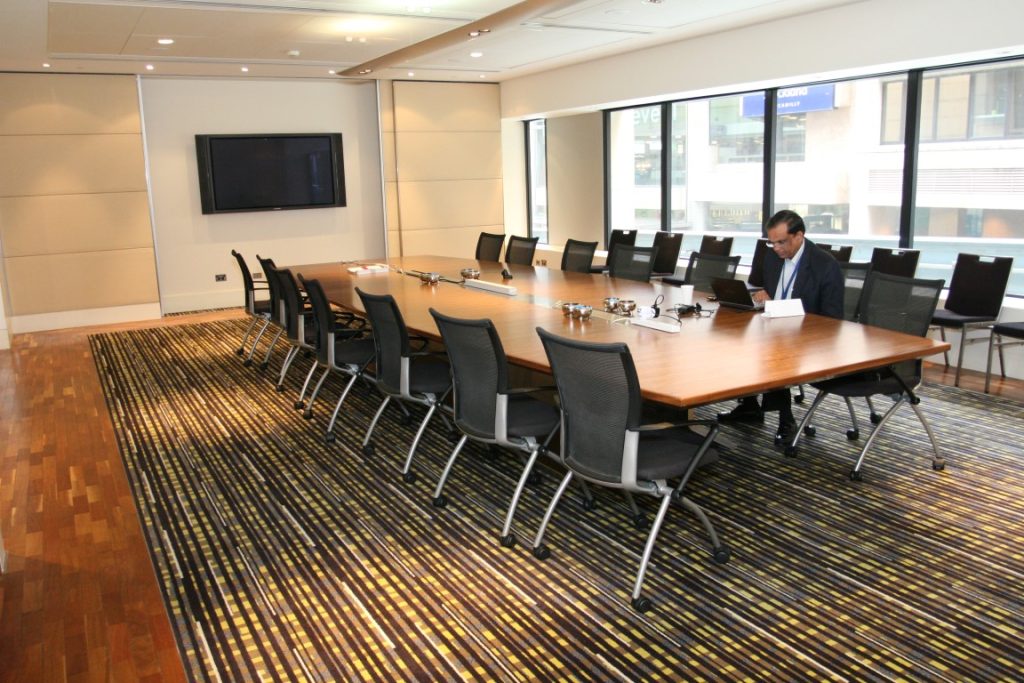Progressive organisations have put a lot of thought into their culture, and the subject matter has been greatly discussed over the years – rightfully so.
In my experience, culture is one of the leading factors in attracting, engaging, and retaining employees – to businesses, this also has real commercial implications. Just consider the attrition rates of toxic businesses that you are aware of and the damage it has caused to their reputation and good will.
We know that culture itself is not developed through a brainstorming exercise. Fundamentally, it’s a feeling – a belief in an idea or purpose that is shared by everyone in the organisation. It resonates with your values, and ultimately leads to actions and behaviours aligned with the organisation’s purpose. Collectively, these actions and behaviours define an organisation’s culture, or personality.
Ultimately, culture is defined by people, and whilst this includes individuals at all levels, I would like to focus on the board’s role in defining and influencing culture from the very top.
As the guiding hand of an organisation, the board has great influence in setting the tone. Its management, organisation and interactions with people cascades down, impacting all layers and the entire organisation. However, how much thought have boards put into understanding their own personality and individual role in all of this?
High-performance boards positively impact culture, and here are three common traits shared among them:
Openness and transparency
People need a crystal-clear path to operate effectively, an understanding of boundaries, and an accurate assessment of where they stand. Ambiguity, secrecy, and inconsistency erodes trust, and disengages progressive leaders, which leads to weaker organisations overtime.
Great boards work hard to promote an open and transparent environment, which leads to higher levels of trust and respect between all directors and leaders.

Accountability
High-performance boards embed a sense of accountability and continually review whether there is trust and transparency in their activities. Identifying and tactfully addressing underperforming individuals, particularly if their behaviours are inconsistent with the values of the organisation, sends a powerful message about accountability that reaches the entire organisation.
Healthy relationships
High-performance boards have great working relationships between their directors and senior leadership team. They work hard to strengthen relationships and foster a supportive environment, but can also tactfully challenge the organisation when necessary, to produce positive outcomes.
Progressive boards are continuously reviewing their decisions around appointments, systems, processes, and practises to determine whether the right decisions are being made and how they can do things better next time. Boards that succeed have an insatiable learning mind-set, along with transparent, accountable, and collaborative characteristics that are the hallmarks of a high-performance culture.

Therefore, how a board sees itself and the choices it makes are critical. Boards need to be constantly asking themselves:
- What is the current culture of the board? Do we really understand it, and how is it shaped? Has it changed, in what way and why?
- What are we doing to crystallise the standards of our culture and ensure they are purpose-driven rather than created by accident?
- What are the values and behaviours that we should come to expect that would serve us well as we evolve? Do our directors and senior leadership align with these?
- How do directors come to decisions and what are the biases that potentially impact their thinking? Are they transparent in sharing information and open to discussion about the “sore points?”
- Do we have the right amount of diversity and representation on the board?
- Are we doing everything to promote a transparent, collaborative, and accountable environment? Is everyone offered the same respect and consideration?
Building culture isn’t easy. It requires rigorous effort to ask the tough questions around what individuals are doing to set the tone and build a positive working experience. In this regard, the board is a major stakeholder, and should continually and actively consider its role in shaping the organisation’s culture from the top.








